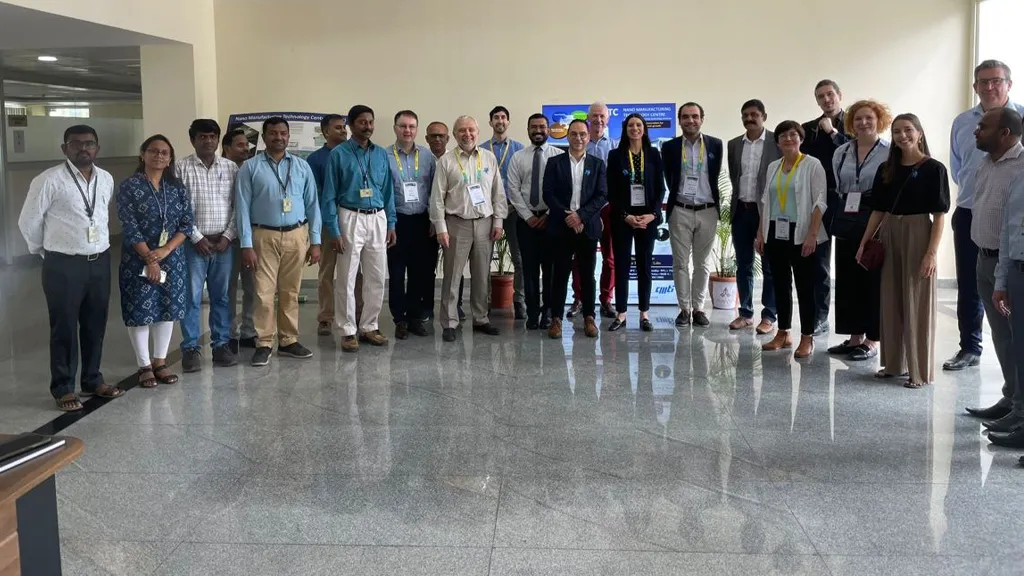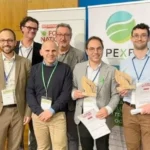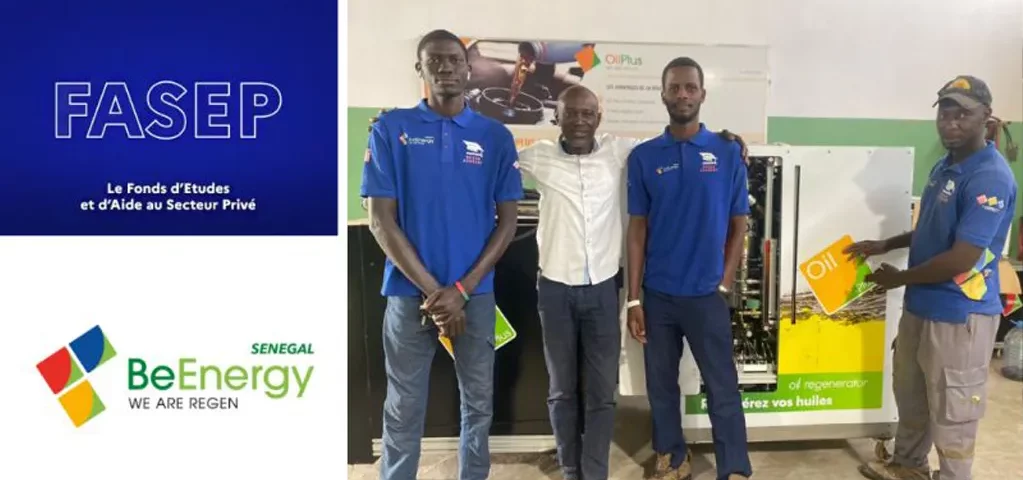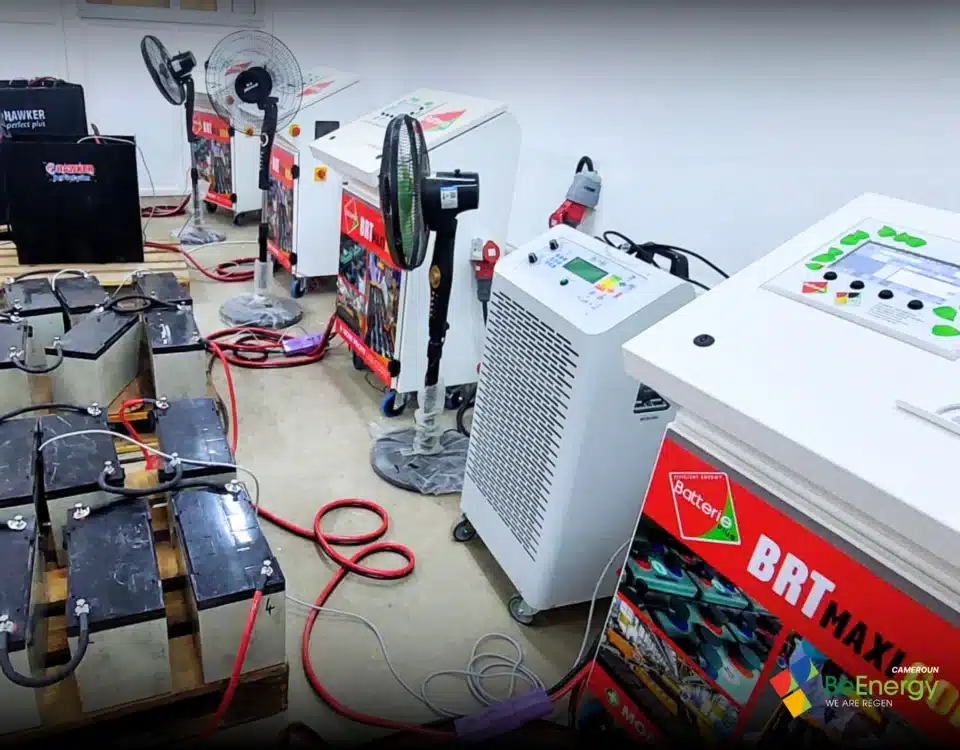
Be Energy, a leader in French technology in India: an energy and ecological adventure
16 February 2024
Be Energy honoured by the Ministry of the Economy and Finance at Paris Bercy
24 April 202415 February 2024 will go down in Senegal's history as a major turning point in the fight against environmental challenges, thanks to the launch of the FASEP project in Dakar. The initiative, spearheaded by Be Energy, a French company pioneering regeneration technologies, was honoured at a symbolic ceremony.
Be Energy and Senegal: partners for the environment
The FASEP project, with the support of the Senegalese Ministry of the Environment, the Department of the Environment and Classified Establishments (DEEC), and the Regional Centre for the Basel and Stockholm Conventions in West Africa (CRCBS-AF), aims to establish a regeneration network for hydraulic and engine oils. This partnership underlines Senegal's commitment to innovative environmental practices.
FASEP's ambitions in Senegal
With financial support from the French Treasury, the FASEP project is focusing on the creation of an oil regeneration industry throughout Senegal. It is based on the use of Be Energy's ORV6-T500-DUO machine, which is capable of doubling the life of used oils. The project is accompanied by a national awareness-raising campaign to educate people about the importance of oil regeneration for the environment and the economy.
Economic impact and job creation
FASEP is also part of a dynamic of economic development. Be Energy Senegal, working with local companies such as Senico and Patisen, is helping to create skilled jobs. The recruitment and training of six young Senegalese people is testimony to this positive impact.
Senegal's environmental challenges
Senegal is engaged in a battle against greenhouse gas emissions, and is aiming for a significant reduction of between 5% and 29% in these emissions by 2030.
This colossal challenge is exacerbated by the problematic management of lead-acid batteries and used oil, a major environmental issue. Around half of all lead batteries in the country are recycled in an artisanal way, a method that raises environmental concerns. On the other hand, only a quarter of used oil is collected efficiently, a worrying statistic given that one litre of oil can contaminate up to 10,000 square metres of water surface. These alarming figures underline the urgency and relevance of the FASEP project in Senegal's environmental landscape.
Faced with these challenges, the regeneration of one tonne of oil, one of the key objectives of the FASEP project, represents a substantial saving of 3 tonnes of CO2, illustrating the direct and measurable impact of such initiatives on reducing Senegal's carbon footprint. The FASEP project is therefore not only an innovative solution, but also an ecological imperative, responding to Senegal's urgent needs in terms of waste management and environmental protection.
Commitment to education and sustainability
As well as supplying innovative oil regeneration technologies and solutions, Be Energy is committed to training young Senegalese people and raising their awareness of environmental issues, working with local players and training organisations. This educational aspect is essential if the UN's sustainable development objectives are to be achieved.
The FASEP initiative is a key project for Senegal, combining technological innovation, international collaboration and local commitment. It paves the way for a more sustainable and greener future, not only for Senegal, but also for other countries in this part of the African continent.



